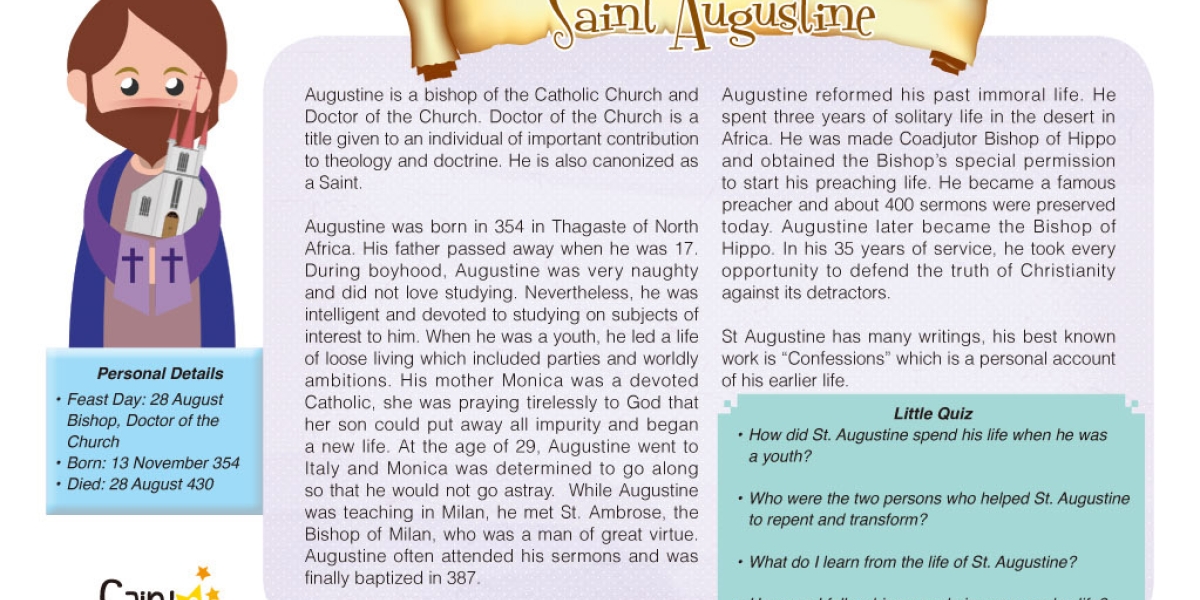昔日文章


Stories Behind Popular Sayings
2018.10.12
When in Rome, do as the Romans do
Nowadays, it is more affordable for people of all ages to travel aroung the world. While most of us check out the best places for sightseeing and shopping,few of us spend time on understanding the local people and their culture when abroad. Since badly-behaved tourists may bring embarrassment and disgrace to their own countries, so governments advise their citizens that "when in Rome, do as the Romans do"(入鄉隨俗).
Why does this saying specify “Rome”? Can we say “when in Hong Kong, do as the Hong Kong people do”? Since this is a proverb, the word pattern is fixed. However, because of its popularity, it has a shortened version: When in Rome, we should not boss the hotel staff around.
Interestingly, the story behind this saying is not related to tourism. It may be traced back to two important saints in the Catholic Church in the 4th century.
When St Augustine(聖奧思定)was young, he moved from Rome to Milan(米蘭)to take up a post as a professor of rhetoric.
He found that the Church did not fast on Saturdays as it did in Rome. Therefore, he sought advice from the Bishop of Milan, St Ambrose(聖安博). The Bishop said (translated from Latin into English), “When I go to Rome, I fast on Saturday, but here [Milan] I do not.”
It is believed that the modern English version of the proverb did not appear until the Middle Ages.
In modern times, the proverb teaches that it is important for us to respect and follow the customs and rules of the unfamiliar places we visit, such as a foreign country, a new workplace or a new school.
Glossary
Affordable
負擔得起
Embarrassment
尷尬
Disgrace
丟臉
Proverb
諺語
Rhetoric
修辭學
Respect
尊重
Customs
習俗


Saints
2016.10.15
Saint Augustine
Personal Details
• Feast Day: 28 August
Bishop, Doctor of the Church
• Born: 13 November 354
• Died: 28 August 430
Augustine is a bishop of the Catholic Church and Doctor of the Church. Doctor of the Church is a title given to an individual of important contribution to theology and doctrine. He is also canonized as a Saint.
Augustine was born in 354 in Thagaste of North Africa. His father passed away when he was 17. During boyhood, Augustine was very naughty and did not love studying. Nevertheless, he was intelligent and devoted to studying on subjects of interest to him. When he was a youth, he led a life of loose living which included parties and worldly ambitions. His mother Monica was a devoted Catholic, she was praying tirelessly to God that her son could put away all impurity and began a new life. At the age of 29, Augustine went to Italy and Monica was determined to go along so that he would not go astray. While Augustine was teaching in Milan, he met St. Ambrose, the Bishop of Milan, who was a man of great virtue. Augustine often attended his sermons and was finally baptized in 387.
Augustine reformed his past immoral life. He spent three years of solitary life in the desert in Africa. He was made Coadjutor Bishop of Hippo and obtained the Bishop’s special permission to start his preaching life. He became a famous preacher and about 400 sermons were preserved today. Augustine later became the Bishop of Hippo. In his 35 years of service, he took every opportunity to defend the truth of Christianity against its detractors.
St Augustine has many writings, his best known work is “Confessions” which is a personal account of his earlier life.
Little Quiz
• How did St. Augustine spend his life when he was a youth?
• Who were the two persons who helped St. Augustine to repent and transform?
• What do I learn from the life of St. Augustine?
• How can I follow his example in my everyday life?








